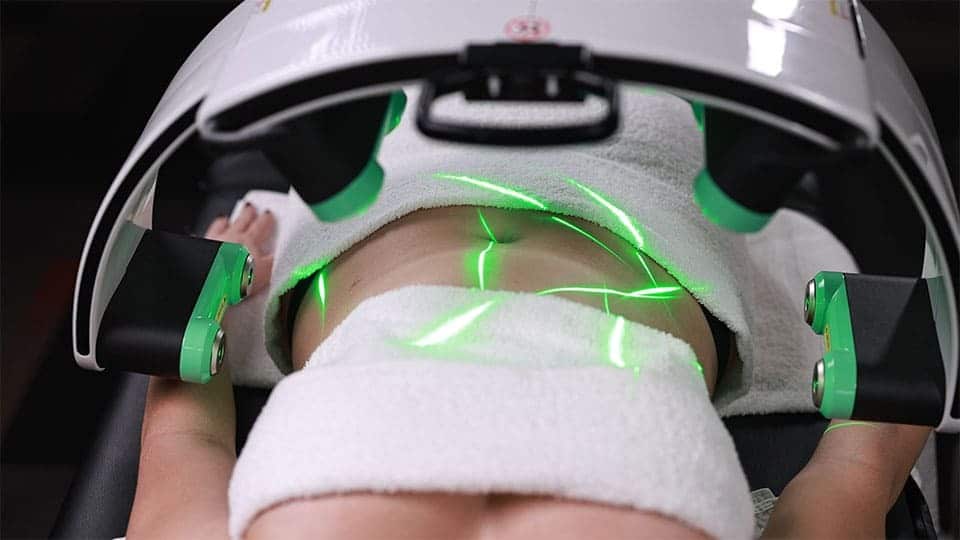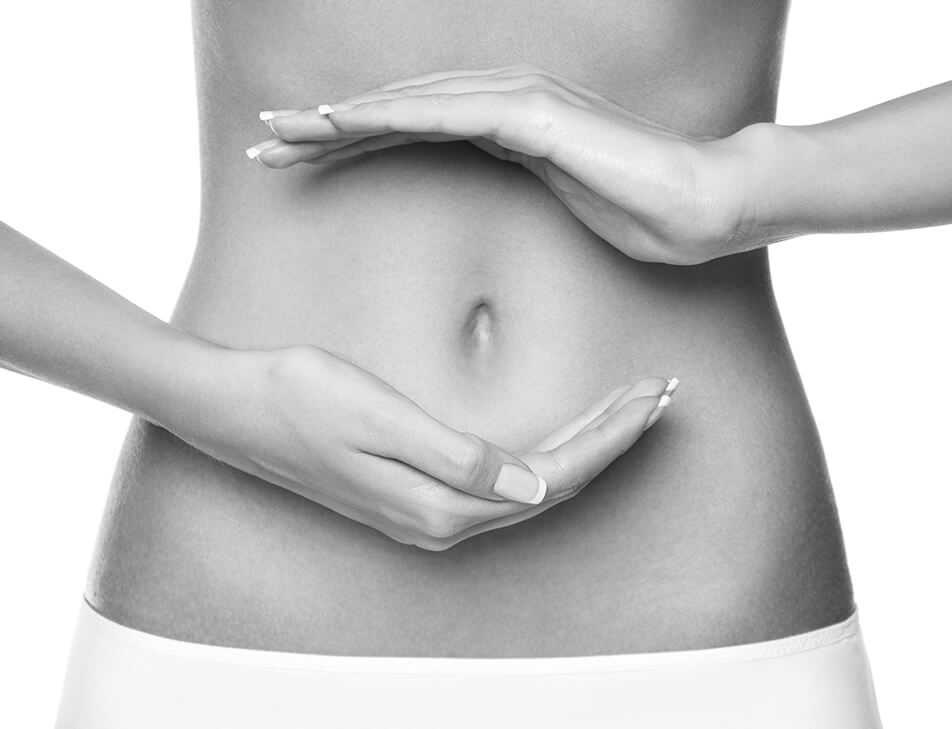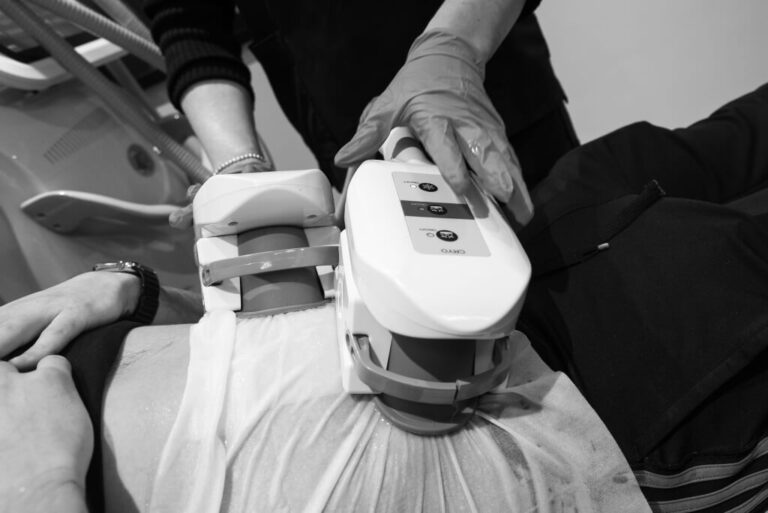Number One Diet For Weight Loss
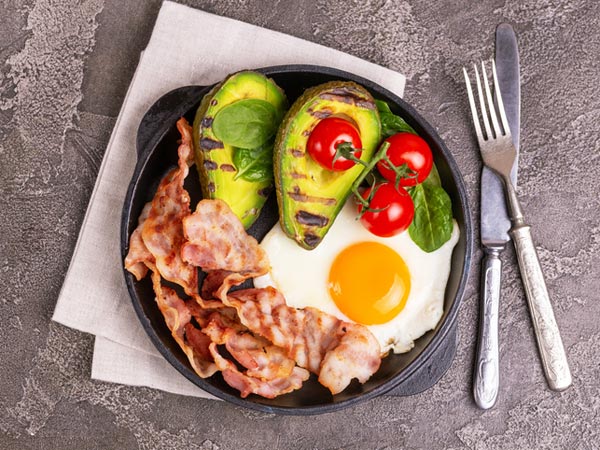
The Number One Diet For Weight Loss
Obesity is a bigger problem in the UK than it ever has been before.
Increasing the risks of a range of different serious illnesses, from cancer to type 2 diabetes to heart disease, being overweight is more than just about how you look. But when it comes to fat reduction and getting yourself on the healthier end of the scale, just getting started can be a challenge. With thousands of diets out there, all promising the same results, it’s no surprise that many people looking to lose weight quickly lose interest after doing a little research online.
In the face of a global pandemic, it’s more important than ever the get rid of that extra weight and live a better, healthier life. So, what’s preventing us from doing so? Often, it’s signing on to other diets that don’t work, leading to dieters giving up earlier and earlier and paying out more and more for miracle plans that aren’t all that miraculous in practice.
But why don’t they work?
Most diets aren’t designed to work
When you think of Weight Watchers, Slimming World, and similar huge dieting brands, you think of the success posters and PR campaigns with shiny celebs losing pounds to be their perfect shape. While restrictive calorie counting can work for a select number of people, for many going from 3,000 to 1,200 calories a day is a recipe for failure. Not to mention, without people failing to reach their goals every day, the diet industry wouldn’t be worth the fortune it is today. Big-name weight loss programs work for very few people, and commercial brands know this.
Often, even when a commercial diet does work, dieters return to old habits or find they simply aren’t losing weight fast enough to motivate themselves. Add on the deprivation element of these kinds of restrictive diets, and it’s far too easy to fall off the bandwagon. That’s also the reason why juicing diets and plant-based diets often fail. They’re too complicated, leave you feeling miserable, and have you craving everything under the sun that you aren’t allowed to have.
So, if restricting your eating and following points systems just doesn’t cut it when it comes to long-term sustainable and effective fat loss, what does? Keto. A diet with a difference, designed to kill cravings, stop those hunger pangs and keep the weight off for good. Here’s what you need to know about the Keto diet.
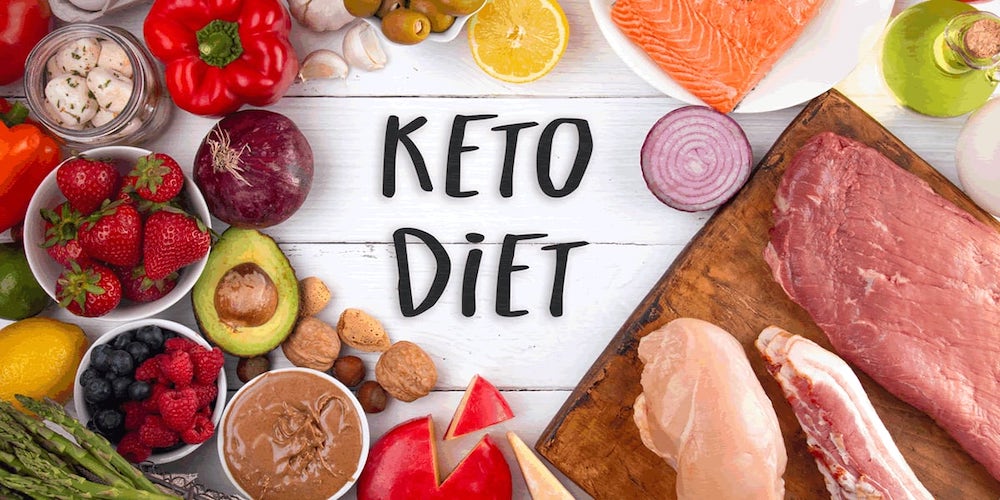
What is Keto?
If you’ve ever researched diets, you may already have heard of Keto. You may even have written it off, as a fad diet alongside detox cleanses and fasting. But Keto is an authentic solution to your weight loss problem, and it’s all based around one particular macro: your carbohydrates. Keto is a low carb diet and focuses on how many carbs you should have a day for successful weight loss.
Carbs are a huge problem in modern society. From white bread and pasta to potatoes, most things we eat contain carbs to some degree. The average fast-food meal will consist of multiple types of carbs in one dish, and even at-home cooking is often heavy on carbohydrates. With people in the UK consuming between 200-250g of carbs a day, it’s this macro that needs to be reduced to see real results.
We’ve said Keto isn’t restrictive, and that’s true. So how can it not be prohibitive if you’re going low carb? Instead of stripping carbohydrates from your diet, you reduce and replace those carb-rich foods with other options – particularly fats and proteins. While much of your current diet may be carbs, Keto advises 5-10% of your daily food should be made up of carb-based foods, with 60-75% fats, and the rest made up of proteins.
Keto may seem like a strange way to eat when you first experience it. But it’s rooted in real science and based on humankind’s evolutionary diet. Before we learned to farm and when carbs were scarce, our diet mostly consisted of protein and fat from fish and meat, alongside fruits, nuts, and vegetables throughout the year—very few carbs in sight, and nothing like our modern diet today.
How does Keto work?
Now you’ve got the basics of what Keto is, you’re likely wondering exactly how it all works. While carbohydrates are essential for your body if you’re highly active, and you need to burn energy slowly, for most people consuming large amounts of carbs can have a negative impact. By reducing your carbs, you can go from burning sugar to burning the fat in your body. Because no other energy source is being supplied, the body has to make ketones to metabolise that fat and use it as energy to keep on going.
For a typical diet in the UK, carbs are our primary source of energy. Whether it’s toast in the morning or spaghetti in the evening, carbs are a significant part of our diet, and they all break down into a sugar molecule known as glucose. Glucose is then used to give your body energy, and any excess is stored as fat – which is what makes you gain weight. When you go on a keto diet, you don’t have access to that source of energy your body is used to instead, your body will go into ketosis.
Ketosis, the namesake of the Keto diet, is what happens when your body converts the fat you’ve stored into energy. Your fat cells are stuffed full of calories, and there’s plenty to burn, whether you’re overweight or athletic in build. This process is known as lipolysis, and once you enter this state, that’s when you start seeing the effects of the Keto diet.
While you may think that the nature of Keto will leave you craving carbs all day every day, it simply isn’t the case. Because you can up your calorie count and continue to lose weight, you’ll feel full, and far less likely to break your diet due to hunger pangs or day-in-day-out cravings. There is an adjustment period for some people, but that’s all about the habit – and once you’re into the swing of things, you’ll love the results.
What benefits does the Keto diet have?
Alongside the ability to lose weight quickly, Keto has a whole host of other benefits. It can help to reverse the effects of type 2 diabetes, as well as alleviate symptoms for IBS and similar digestive conditions. Keto can also help to improve symptoms related to fibromyalgia and ME and lessen skin conditions such as eczema, psoriasis and acne.
Because Keto is a sustainable, long-term diet that has real results, many dieters report having extra energy, feeling healthier and considerable improvements in their mood as a result of reducing carbohydrates. And, of course, there are all the physical and mental health benefits of losing weight on top of that. If done the right way, Keto can improve your life in many different ways – making it well worth trying out.
Are there any downsides to Keto?
It’s not realistic of any diet to say there’s no adaption period or learning curve – and Keto is no different in that respect. You need to be able to commit to getting through those first few weeks, and cheating or doing things by halves will often lead to failure before you’ve even had the chance to get started. Without full commitment, no diet can truly work for you.
Keto flu is another thing to consider when starting the Keto diet. Because your body needs to make that transition from carbs to ketones, there are a few side effects that you may experience along the way. Fatigue and tiredness, headaches, irritability, brain fog and general aches and pains are some of the side effects that can occur. Power through those symptoms, and you’ll come out the other side to see real fat loss results. Keto flu can be tough. But know that it’s only temporary – and more than worth the weight loss that can result from doing Keto the right way.

What can you eat on Keto?
If a large part of your diet is currently based around carbs, it can be challenging to wrap your head around the idea of making them only a small piece of your daily intake. Keto is not solely focused on reducing carbs, but on improving the quality of the food that you choose to intake. That means unprocessed, fresh, and natural foods wherever possible, with no focus on fat content.
Meat and fish are highly recommended for Keto, with red meat, white meat and fish all included within the diet plan. Green and coloured vegetables are also recommended, as well as certain fruits, such as avocado, olives, coconut and berries. Dairy items, such as butter, cream and cheese are included, alongside natural fats and oils such as avocado, coconut and animal-based oils and fats.
Nuts can also form a part of your diet, with almonds, walnuts, pecans and more included within the Keto diet, as well as a range of different seeds. There is a vast amount you can eat on Keto, so it’s essential to focus on that over what you can’t have. Even on a diet, it’s possible to have a satisfying and well-rounded meal three times a day or more.
Is a ketogenic diet healthy?
We have solid evidence showing that a ketogenic diet reduces seizures in children, sometimes as effectively as medication. Because of these neuroprotective effects, questions have been raised about the possible benefits for other brain disorders such as Parkinson’s, Alzheimer’s, multiple sclerosis, sleep disorders, autism, and even brain cancer. However, there are no human studies to support recommending ketosis to treat these conditions.
Weight loss is the primary reason my patients use the ketogenic diet. Previous research shows good evidence of a faster weight loss when patients go on a ketogenic or very low carbohydrate diet compared to participants on a more traditional low-fat diet, or even a Mediterranean diet. However, that difference in weight loss seems to disappear over time.
A ketogenic diet also has been shown to improve blood sugar control for patients with type 2 diabetes, at least in the short term. There is even more controversy when we consider the effect on cholesterol levels. A few studies show some patients have increase in cholesterol levels in the beginning, only to see cholesterol fall a few months later. However, there is no long-term research analyzing its effects over time on diabetes and high cholesterol.
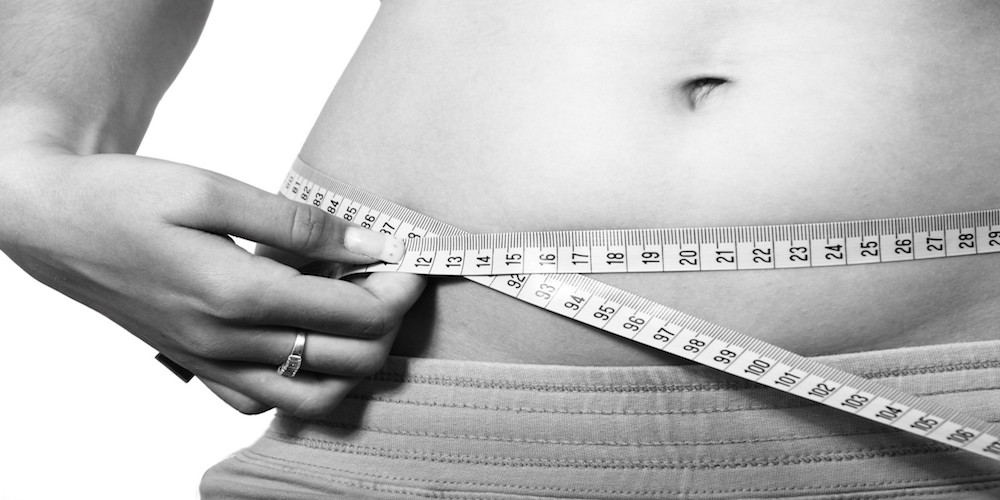
Is Keto right for me?
Keto is an excellent fit for thousands of people across the UK, especially if they want to achieve fat reduction. However, if you do have underlying health conditions, we always recommend you speak to a doctor before starting on a new diet. To find out more about Keto, and how it could be the right diet for you, get in touch with our team today.
It is important to discuss any intended diet plan with a doctor, dietitian, or trusted healthcare provider, especially for people who are trying to manage a health problem or disease.
People looking to start the keto diet should seek consultation with a doctor and check if they have diabetes, hypoglycemia, heart disease, or any other health conditions to ensure the keto diet is a safe eating pattern.
Keep in mind that studies on the long-term benefits of the ketogenic diet are lacking. It is unclear whether maintaining this diet over more extended periods is more beneficial than less restrictive healthful eating patterns.
A ketogenic diet restricts or severely limits carbohydrates. However, some carbohydrates provide health benefits. For a less restrictive dietary approach, people should consume a diet that includes a variety of nutrient-dense, fibrous carbs, such as fruits and vegetables, alongside nutritious protein sources, and healthful fats.




